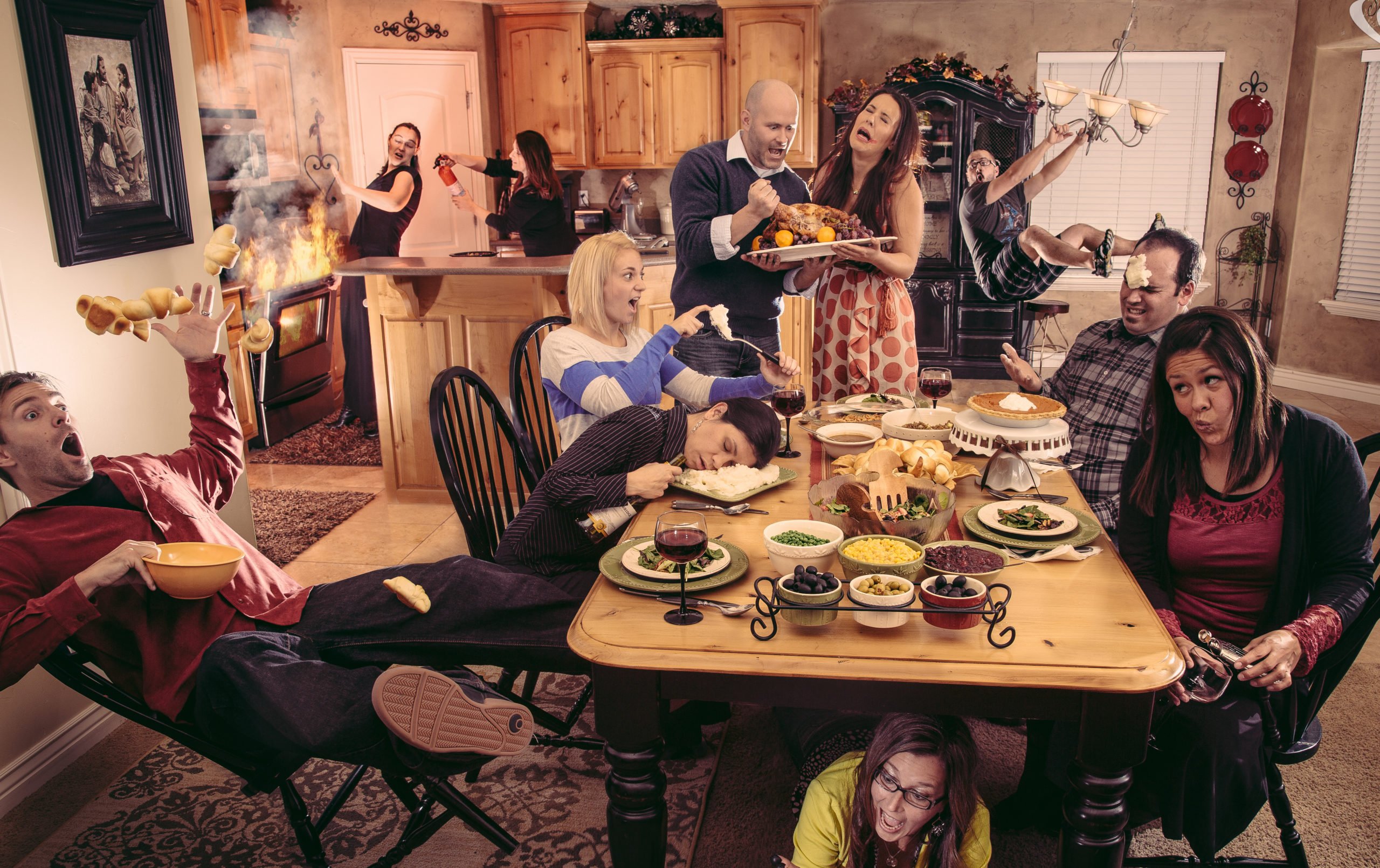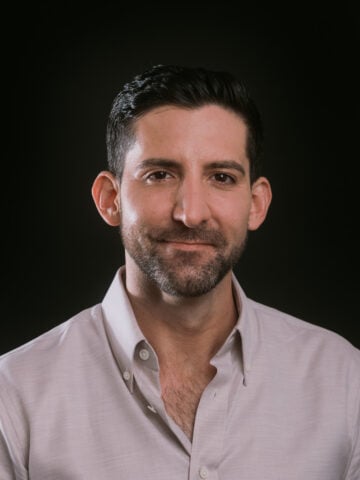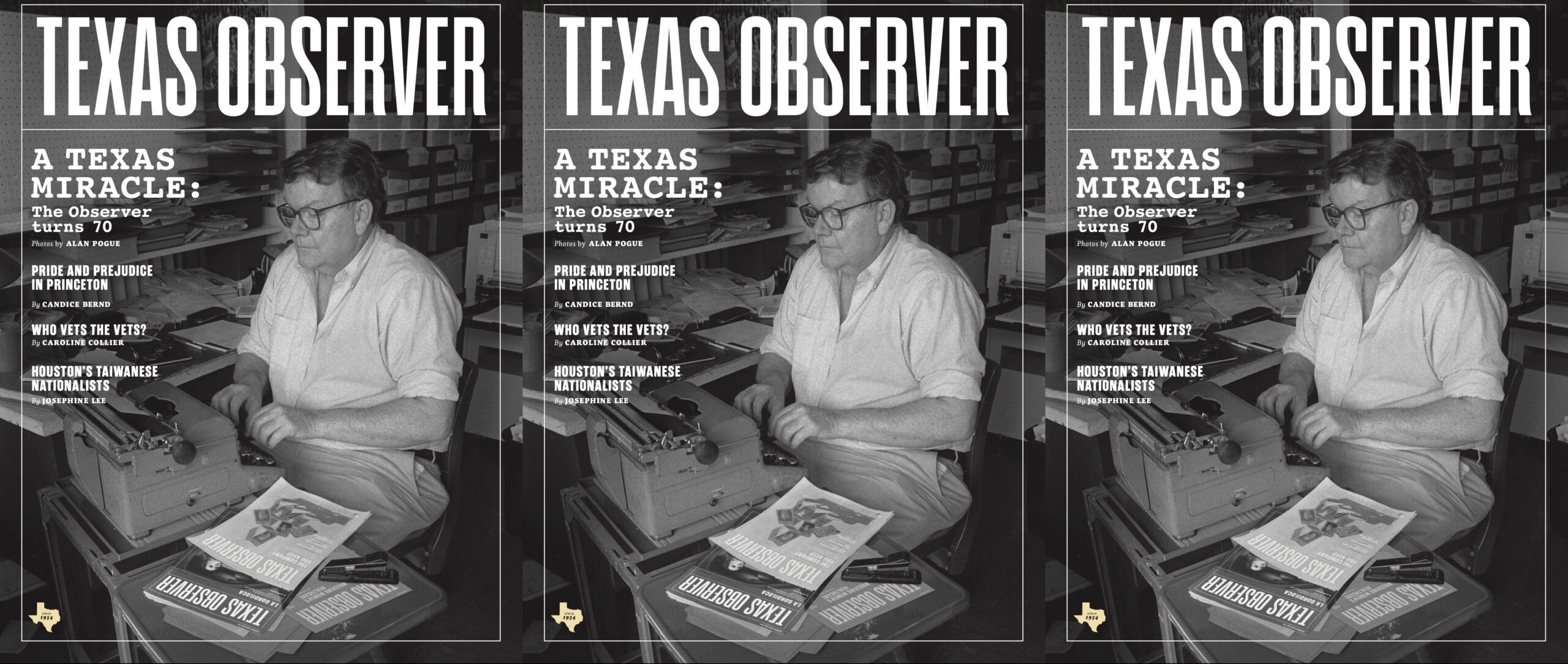
This Thanksgiving, Call Your Racist Uncle a “Racist”
How-to guides for avoiding political conflict at the dinner table overestimate the value of keeping the peace.

There is this WASPy convention to avoid conflict at all costs—and a corresponding tradition at Thanksgiving among the press: Each year, in the weeks leading up to the holiday, one will see one publication after another pushing some version of a piece doling out advice for dealing with one’s problematic relatives at the dinner table. The goal in these painfully earnest advice columns is typically to avoid being triggered by racism, misogyny, heterosexism, and plain antipathy toward anyone different or poor. Others will push further in trying to arm you with information and tactics to “educate” your 80-year-old grandmother, who has been using racial epithets to describe blacks since the Jim Crow era.
Coming from a Mexican-American family—my Mom is white, my Dad’s parents came from Mexico—and having grown up on the U.S.-Mexico border, I have long thought these guides overestimate the value of keeping the peace. Perhaps we are primed early by telenovelas, but every Hispanic family I know appreciates the value of a good fight.
This Thanksgiving, tell your racist aunt she is a racist. Call your sexist uncle a misogynist. Inform your transphobic cousin that kids don’t deserve to suffer because of his fragile masculinity and dumb ideas about gender. Let your parents know they’re endangering themselves and others with their ignorant views on vaccination. The conversation before the Turkey is the “marketplace of ideas” that John Stuart Mill wrote about and that the First Amendment enshrines: The fights we have while passing the gravy are for the soul of America.
As someone who has suffered for decades with serious mental illness, I sympathize with those who choose to insulate themselves from the onslaught of propaganda that spews forth from the Fox News crowd; the feeling of being gaslit by lies and logical fallacies is unpleasant. I understand not wanting to relive the hurt of homophobia in adolescence by having to hear that one’s marriage is immoral from a philandering sibling. Or listen to someone go on about the “sanctity of life” when they vote for politicians who forced your pregnant friend to travel hundreds of miles for health care and turn away billions of dollars in federal money, as Texas does with Medicaid funds, because they think poor people deserve to be poor and we’re teaching them a bad lesson by giving them access to the means of survival.
Give your relatives who delight in triggering a lib a taste of their own medicine.
But sometimes we have a duty to condemn injustice in close quarters and call racism by its name. Thanksgiving is one of the few occasions every year that Red and Blue America meet, and as the meal goes on and people keep drinking, family members become more expressive and, alternately, vulnerable and emboldened. It’s dicey territory, but a good opportunity for a breakthrough. Even more triggering than a macroaggression across the magnolias is a society that doesn’t change because we keep quiet. As HIV/AIDS activist group ACT UP taught us, silence equals death. And as my abuela would say to me, sometimes it’s okay to get mad and have it out. Give your relatives who delight in triggering a lib a taste of their own medicine.
For years at the holidays, I’d remained cordial with my aunt on the white side of my family who owns more guns than books, believes in chemtrails, and told my mother to boycott my same-sex wedding 10 years ago. I chose not to say anything because, at least on the surface, we’d each be gracious in the way one resolves to be with a friend who betrays you. I live 3,000 miles away and didn’t want the hassle. Plus, they’re not going to change, I told myself.
Then last holiday, spurred in part by seeing an army of Nazis emerge from the woodwork over the previous four years and recoiling in horror to see some of my relatives cheer them on, I finally cracked. I told my aunt how hurtful her comments had been. I’d loved them since they would gift me silver dollars on birthdays because they think the Federal Reserve is a terrorist organization and believe we should go back to the Gold standard. I still love them.
A few months ago, amid the swelling tide of vaccine skepticism, The New York Times published an interactive game designed by psychologists. The point was to successfully convince a vaccine skeptic to question their views and consider going to the doctor. I failed miserably. According to those who study the mind, the most effective way of correcting disinformation is to express sympathy for the lie—to try to see where the person is coming from and wave the flotsam and jetsam toward port.
In practice, this is what I generally do. I have not unfriended a single supporter of former President Donald Trump on Facebook because at heart, I believe most people are good inside, and not every Trump supporter is the same. Plus, I like hearing how different people think.
Some people’s eyes can be opened. Most of these people aren’t bad. But when the soft sell doesn’t work, you must turn to the hard sell, and even that won’t work in some cases. Sometimes, one has to draw a line in the sand. My aunt has not changed. I don’t think she will, and I don’t know if I can ever have a relationship with someone who thinks that a core part of me is immoral. I have to live with the rift in the same way the U.S. will continue to have to wrangle with the polarization of politics and identity in society. We have a system built to deal with these differences, but it has never guaranteed a swift resolution.
This Republic belongs as much to the brave immigrant who crosses the border without an invite for the sake of their children and is branded a lifelong criminal as a result as much as it does to me, or to any baby on the Mayflower. That is, in fact, what the Constitution and Declaration of Independence say, and we should claim this country as our own. E pluribus unum is worth the discomfort of a dinner-table row.



